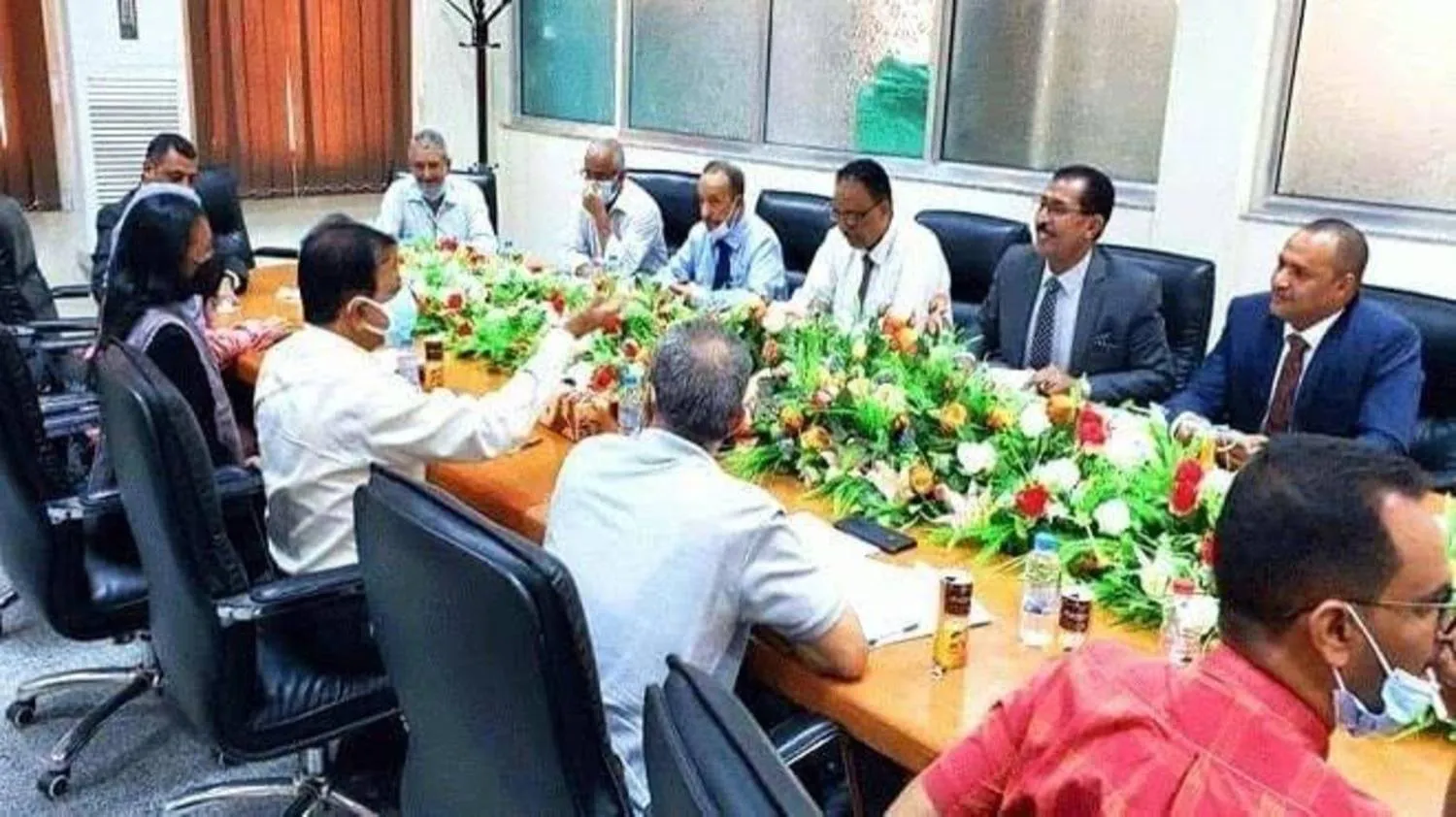A team from the international sanctions committee concerned with Yemen is holding ongoing meetings in the city of Aden with civilian and military officials, as well as activists, aiming to compile a comprehensive report on the Yemeni situation by the end of 2023.
The team is expected to submit its findings to the UN Security Council.
The report will encompass political, military, security, and economic aspects. This marks the second visit by the team since the beginning of the year.
According to Yemeni government sources, the team, which arrived in Aden a few days ago, has held several meetings with various officials from government, civilian, military, and security entities.
They have also engaged with human rights activists.
These meetings will continue in the coming days to discuss the issues that will be included in the new annual report, covering military and security aspects, human rights, as well as financial, economic, and anti-corruption matters.
Sources informed Asharq Al-Awsat that the UN team directed a series of inquiries to these entities related to its work and demanded clarifications on a wide range of issues.
It did not suffice to merely send these questions; instead, the team held direct meetings with officials from those entities and requested detailed answers to all the raised concerns.
According to the sources, the team is reviewing the extent to which these entities adhere to the implementation of all agreements concluded by the international bodies with Yemen’s government, as well as previous recommendations included in the reports.
Due to the continuous refusal of Houthi militias to receive the UN team since the formation of the sanctions committee until now, the sources reported that the team relies on activists and confidential sources to gather information about the situation in areas under Houthi control.
Additionally, the team sends written messages to the group; however, Houthis persistently decline to respond to these inquiries and refuse to engage with the committee, especially concerning the ongoing recruitment of underage individuals and the lack of adherence to the agreement made with the UN in this regard.









